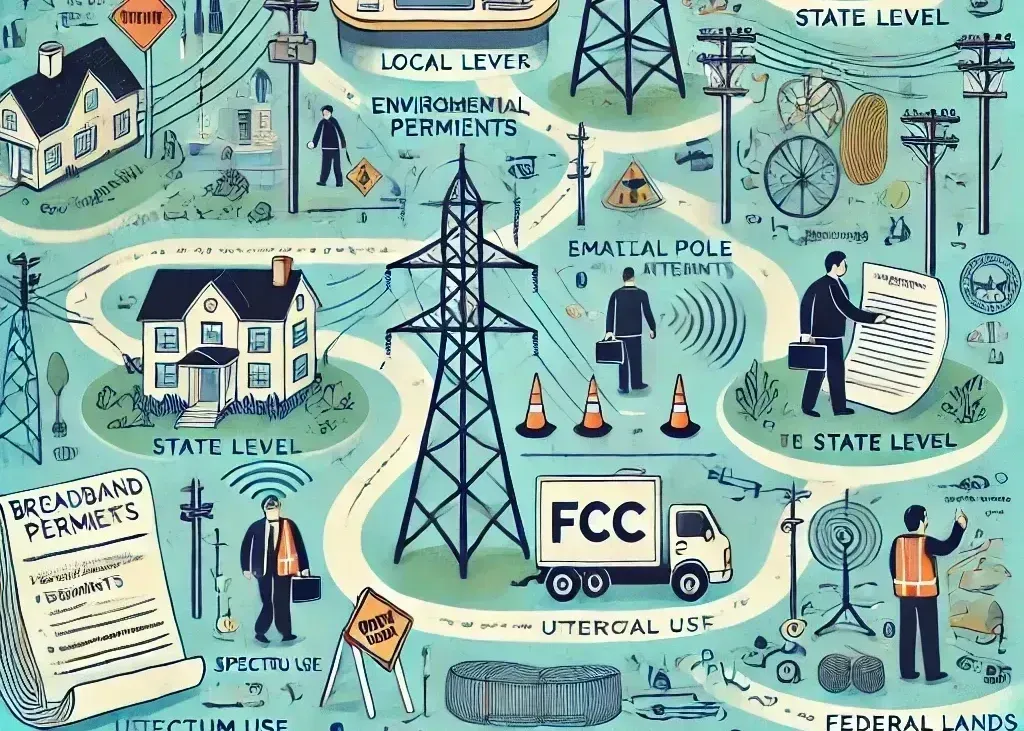Benton: Local Governments Crucial in Preventing BEAD Bottlenecks
Across local, state, and federal levels efforts to streamline broadband permitting are intensifying.
Jericho Casper

WASHINGTON, September 5, 2024 – With billions of federal dollars earmarked to expand high-speed internet access across the country, local officials could get inundated with permitting requests, perhaps causing a bottleneck that slows the deployment of broadband infrastructure.
Before laying fiber or erecting new wireless towers, broadband Internet providers first need to navigate a maze of local, state, and federal permitting processes that threaten to slow progress.
With broadband infrastructure funding at an all-time high, a new strategic paper from the Benton Institute for Broadband & Society released Wednesday highlighted the vital role local governments play in managing this surge of broadband infrastructure projects.
In anticipation of a $42.5 billion federal investment in broadband, the report warned that “historic levels of funding will put enormous pressure on local governments responsible for permitting infrastructure construction within municipal boundaries.”
Rural areas, in particular, may struggle to handle the influx of projects due to limited resources, making efficient local permitting processes more crucial than ever ahead of the Broadband, Equity, Access, and Deployment program, the report argued.
From the perspective of an ISP, navigating the permitting process could mean facing hurdles at multiple levels of government, with each layer adding complexity and potential delays.
Locally, ISPs must secure right-of-way permits, building permits, and negotiate franchise agreements to deploy fiber or small cell infrastructure. At the state level, they often deal with environmental reviews and approval from utility commissions for pole attachments.
On the federal front, ISPs must comply with FCC regulations for spectrum use and the deployment of 5G small cells, in addition to meeting environmental assessment requirements when projects impact federal lands or protected sites.
The importance of streamlining the permitting process was mirrored in recent White House efforts. Last Thursday, the administration announced federal agencies processed more than double the permits for high-speed internet projects on federal lands compared to the previous administration. The release attributed the growth to 36 new categorical exclusions adopted to expedite broadband deployment before BEAD rollouts.
In tandem with the White House's efforts, a coalition of telecom, broadband, and wireless industry stakeholders—including INCOMPAS, USTelecom, CTIA, WISPA, and others—urged Speaker of the House Mike Johnson and Minority Leader Hakeem Jeffries, to pass the American Broadband Deployment Act in a letter on Thursday.
This legislation seeks to establish uniform national permitting standards, which hold the power to influence standards at the state and local levels. However, local government organizations strongly opposed the bill, arguing it strips local governments of their authority to regulate and manage their own public rights-of-way and zoning decisions.








Member discussion